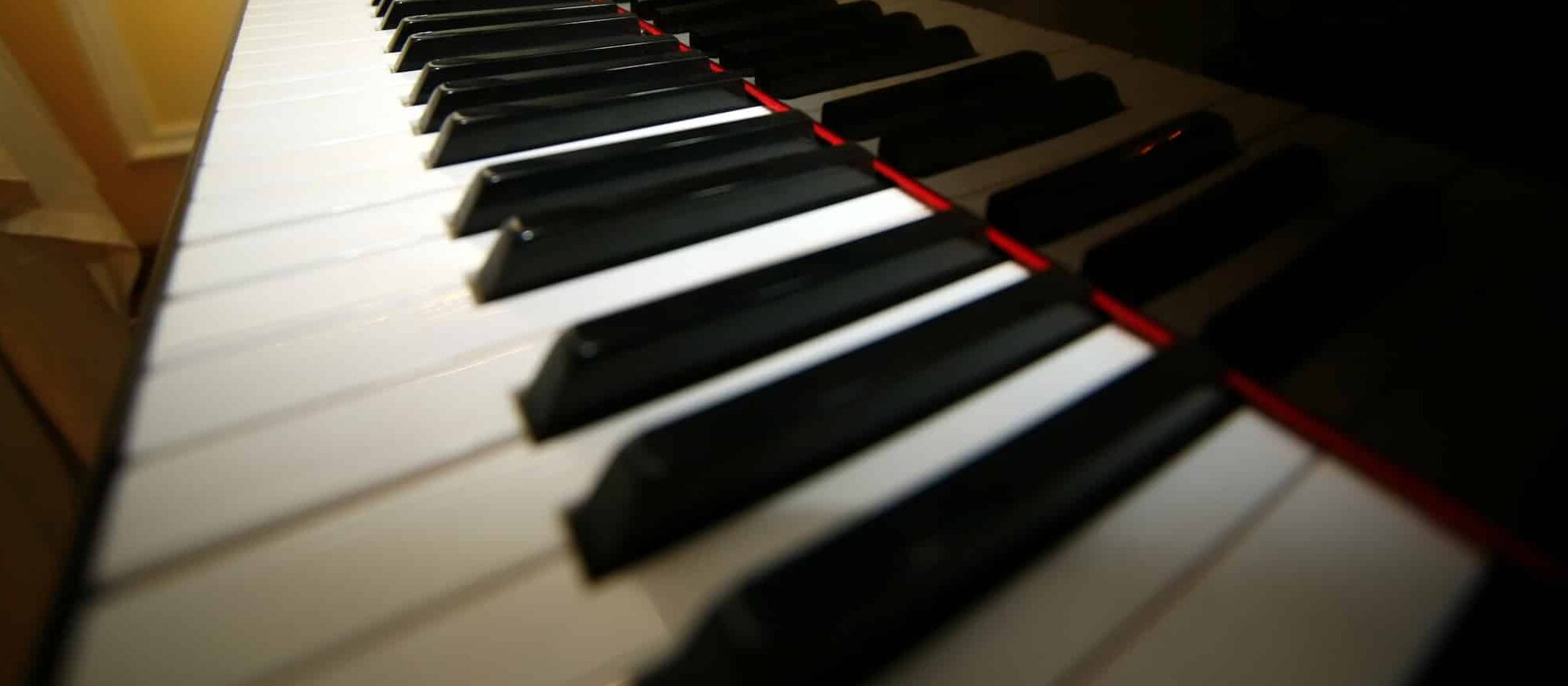
We often hear beginning students ask, “Why do I need to learn piano basics?” “Why can’t I just pick a popular song and learn to play it?” or “Why do I need to spend so much time learning piano technique and music theory?” The answer is simple. Learning piano basics is essential to being able to be the best piano player you can be.
Piano basics, otherwise known as piano foundations, are taught to beginning students of all ages before they jump into learning to play musical compositions. These early skills create a solid foundation for every beginner, regardless of the style of music they play. Among other essential skills and techniques, piano basics include music theory, how to read music, proper posture, correct fingering patterns, and movement and position of hands and arms relative to the keyboard. The essential piano basics lessons are the first step in learning piano and arguably the most important skills for every student.
Music Theory
Music theory is an important part of piano basics. The elements taught in music theory combine to establish a firm foundation that allows you to read, play, and study music. Music theory helps you understand music at a holistic level, and covers overall music composition subjects such as notation, rhythm, melody, harmony, musical articulation, time signatures, scales and chord progressions. Not only does music theory help you understand key concepts in music, it also provides you with the ability to recognize common themes and variations in music which is important if you want to learn how to compose your own music. To learn music theory is to understand the rules that govern the language of music, ultimately, leading to greater enjoyment and a deeper and more comprehensive appreciation for music.
Reading and writing go hand in hand
Can you learn to play the piano without reading music? The short answer is yes. You can listen to a piece of music, memorize how it sounds and replicate the finger patterns to come up with a similar sound. However, this process is cumbersome and slows learning. The ability to read music offers so many benefits that we can’t imagine anyone not wanting to master this skill. Once you can read music, playing new music you’ve never even heard before is possible. You’ll learn new techniques faster and develop confidence in your ability. As you read music, you’ll begin to understand the way a musical composition flows and how it’s structured, all while gaining insight into what the composer intended.
Learning how to read music is a precursor to learning how to write your own music. If you want to share your compositions with the world, your music will need to be written in notation form. By being able to read and write music, you’ll be able to communicate with other musicians in a way each can understand.
Posture, hand position and fingering techniques
The full sound that emanates from the piano as your fingers press the keys is impacted by everything from the way you sit, to how you hold your hands above the keyboard, to the placement of your fingers on each key and your movement across the keyboard. As you sit at the piano your entire body position will affect the sound of the music. Incorrect posture, seating positions or hand positions can result in soreness or even injury over time. Hand and wrist pain, sore neck and back muscles, poor circulation and weakness or numbness in fingers and hands can all be symptoms of improper piano technique. Learning the correct fingering for a musical composition can help you extend the range of your hand across the keyboard and puts you in the correct position to go on to the upcoming notes and keys. As you learn a piece of music, using the same (and consistent) fingering pattern will help train your brain so the next time you play the same piece of music your muscle memory will take over – you’ll find the piece is easier to play. As you become more proficient at playing the piano, you’ll benefit from being able to read music without having to look down at your hand and fingering positions. Proper piano technique enables you to play quicker and more accurately with greater confidence. For your overall health and your enjoyment of the piano, proper piano technique is essential.
Piano Skills Worth the Time Investment
Although some may assume the process of learning piano basics will be tedious and time consuming, in the long run mastering proper piano technique will save time, increase your understanding of music, and heighten your enjoyment. The time it takes to learn piano basics is far less than the time it takes to unlearn improper habits, and the resulting payoff is huge. Mastering piano basics is the key to becoming an exceptional musician.
